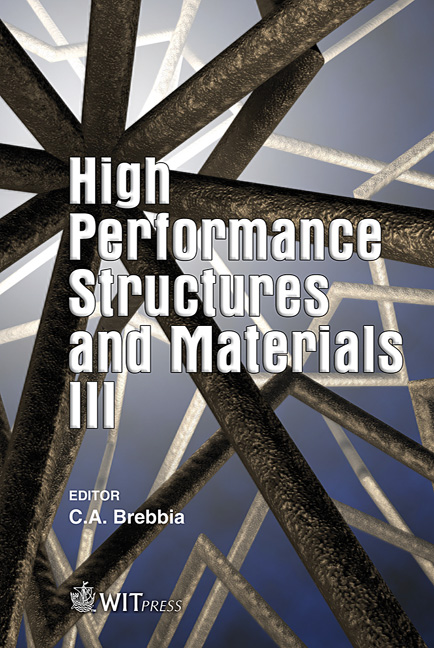Quality Control Of Fibers End-milled From Bamboo Pipe Using Spiral Tool Path
Price
Free (open access)
Transaction
Volume
85
Pages
10
Published
2006
Size
1,001 kb
Paper DOI
10.2495/HPSM060181
Copyright
WIT Press
Author(s)
K. Ogawa, E. Aoyama, T. Hirogaki, Y. Tomioka
Abstract
The utilization of unused forest products is beneficial, and therefore the application of natural fibers to FRP products has been proposed. Bamboo fibers have attracted particular attention because bamboo has the fastest growth rate among various types of renewable natural fibers. Moreover, bamboo fibers have high specific strength and stiffness appropriate for structural materials. In the present study, we explain a new method designed to obtain high-quality bamboo fibers by effectively end-milling them with a machining center (MC) using numerical control (NC) and an automatic tool changer (ATC), which enables the manufacture of a wide variety of products. NC programs encoding a spiral tool path were used for the bamboo pipe in order to obtain bamboo fibers effectively. The fiber length and diameter were evaluated at various feed rates, cutting speeds, and depths of cut in the fiber direction. Microscopic observation showed that the length of the fibers obtained can be controlled by selecting the depth of cut along the bamboo fiber direction and the diameter can be controlled by adjusting the feed of the end-mill center, which is determined by spindle speed and feed speed of end-mill under a constant end-mill diameter. Thus the desired fiber shape can be controlled with consistently high accuracy using end-milling by adjusting the cutting conditions. Moreover, using spiral tool path end-milling with a straight cutting edge tool can efficiently acquire high quality straight bamboo fibers with no thermal damage. Keywords: bamboo fiber, end-mill, machining center, spiral tool path.
Keywords
bamboo fiber, end-mill, machining center, spiral tool path.





